As Canada continues to prioritize environmental sustainability and road safety, certain vehicles are being phased out from the roads. These changes aim to reduce emissions, enhance safety, and ensure compliance with national regulations. Here are six categories of cars that are getting banned from Canadian roads.
High-Emission Vehicles
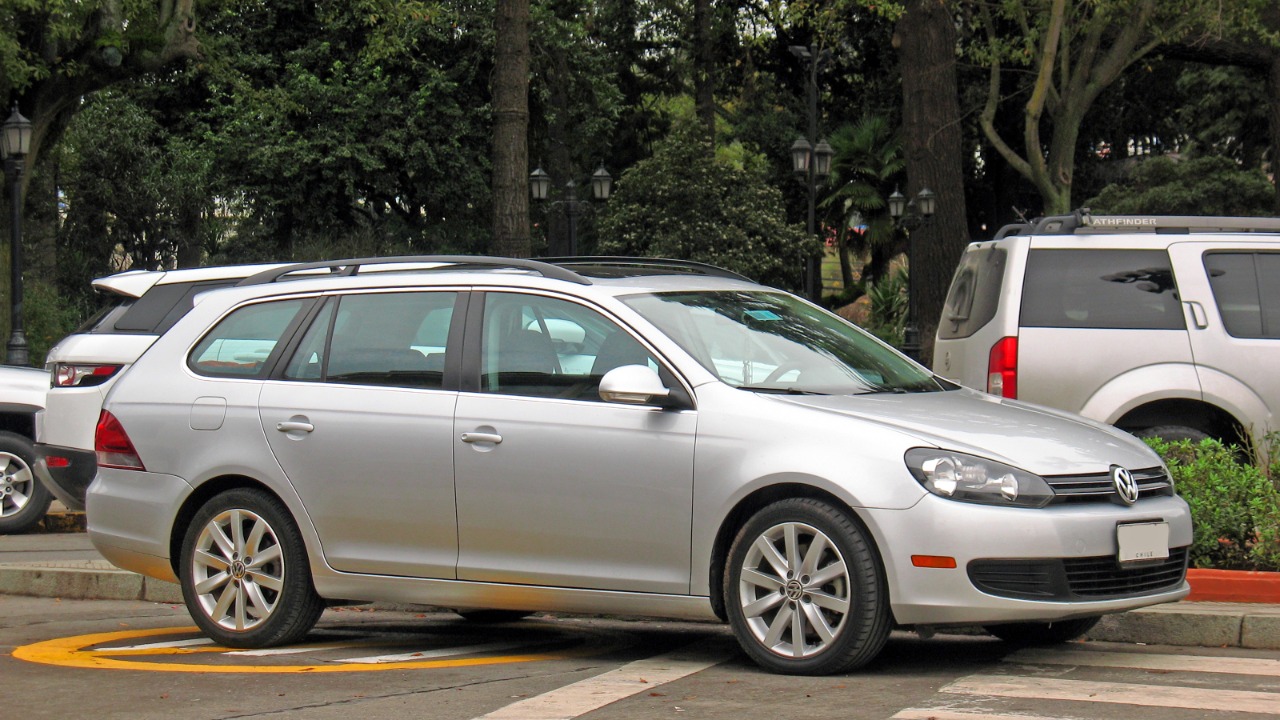
High-emission vehicles are becoming increasingly unwelcome on Canadian roads due to their significant contribution to environmental pollution. Classic examples include older diesel models that fail to meet modern emission standards. The 2012 Volkswagen Jetta TDI is one such model, which has been under scrutiny for emissions cheating. As Canada aims to cut down on greenhouse gases, vehicles that do not adhere to current emission regulations are being systematically eliminated from the roadways.
In addition to older diesel models, some petrol vehicles, like the 2005 Ford Excursion, are known for their poor fuel efficiency and high emissions. These models are slowly being phased out in favor of more fuel-efficient and environmentally friendly alternatives. Owners of such vehicles are encouraged to switch to greener options that align with Canada’s environmental goals.
Excessively Modified Street Racers
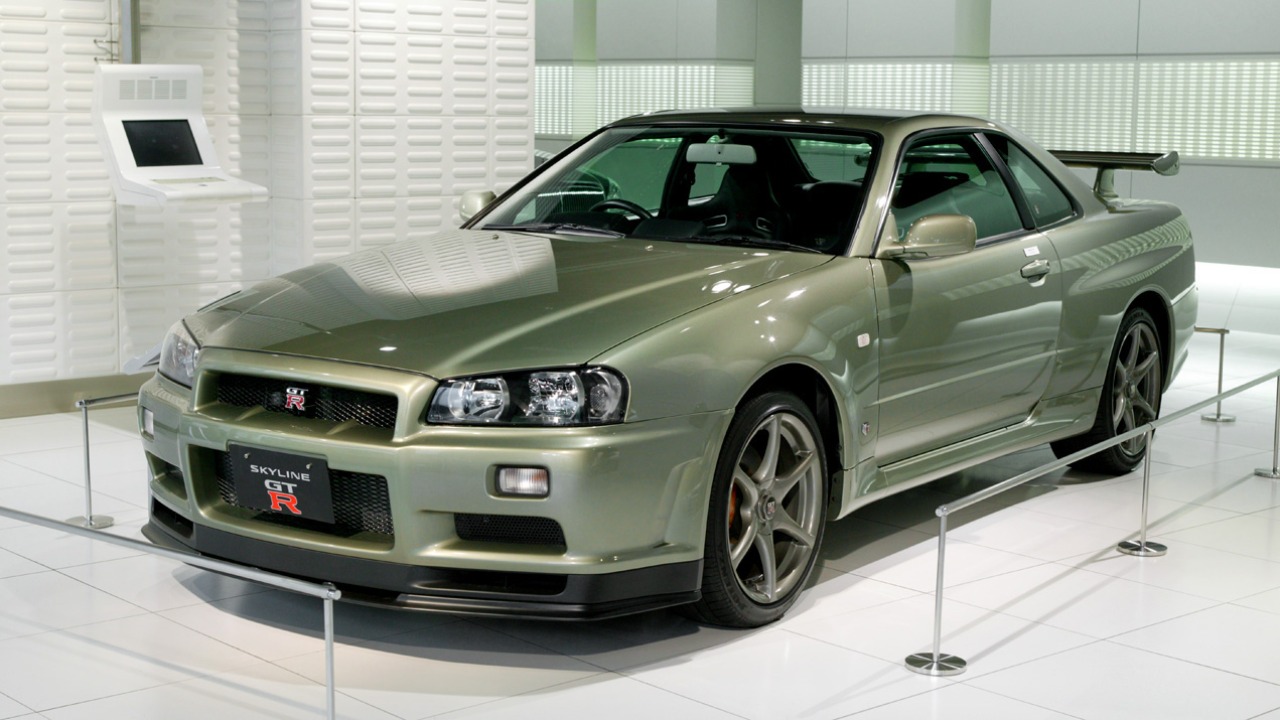
Street racing is a dangerous activity that puts both participants and bystanders at risk. Vehicles heavily modified for racing, such as the Nissan Skyline GT-R, often fail to comply with safety standards and are therefore being targeted for removal from public roads. These cars are frequently altered with aftermarket parts that can compromise their structural integrity and safety features.
Authorities have tightened regulations around vehicle modifications to curb illegal racing activities. Owners of such vehicles are being encouraged to revert their cars to comply with safety standards or face having them banned from the roads. This move is part of a broader effort to enhance road safety across the country.
Uninsured and Unregistered Vehicles
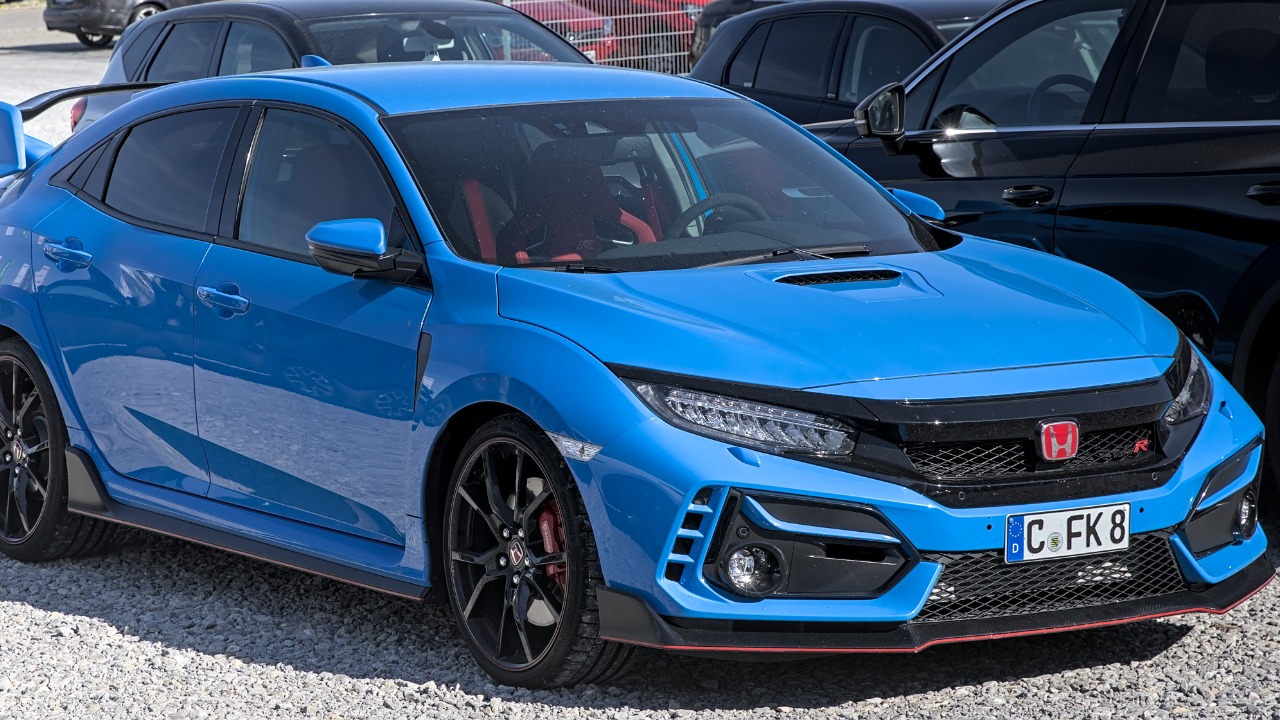
Driving an uninsured or unregistered vehicle is illegal in Canada and poses a significant risk to both the driver and others on the road. Vehicles like the 2001 Honda Civic, often used by younger drivers, are sometimes found lacking proper documentation. This not only jeopardizes personal safety but also leads to legal complications in the event of an accident.
Canadian law enforcement agencies are cracking down on such offenses, employing technology to identify and remove these vehicles from circulation. This aligns with national efforts to ensure that all vehicles on the road are properly insured and registered, enhancing overall safety and accountability.
Dangerous Recall Models
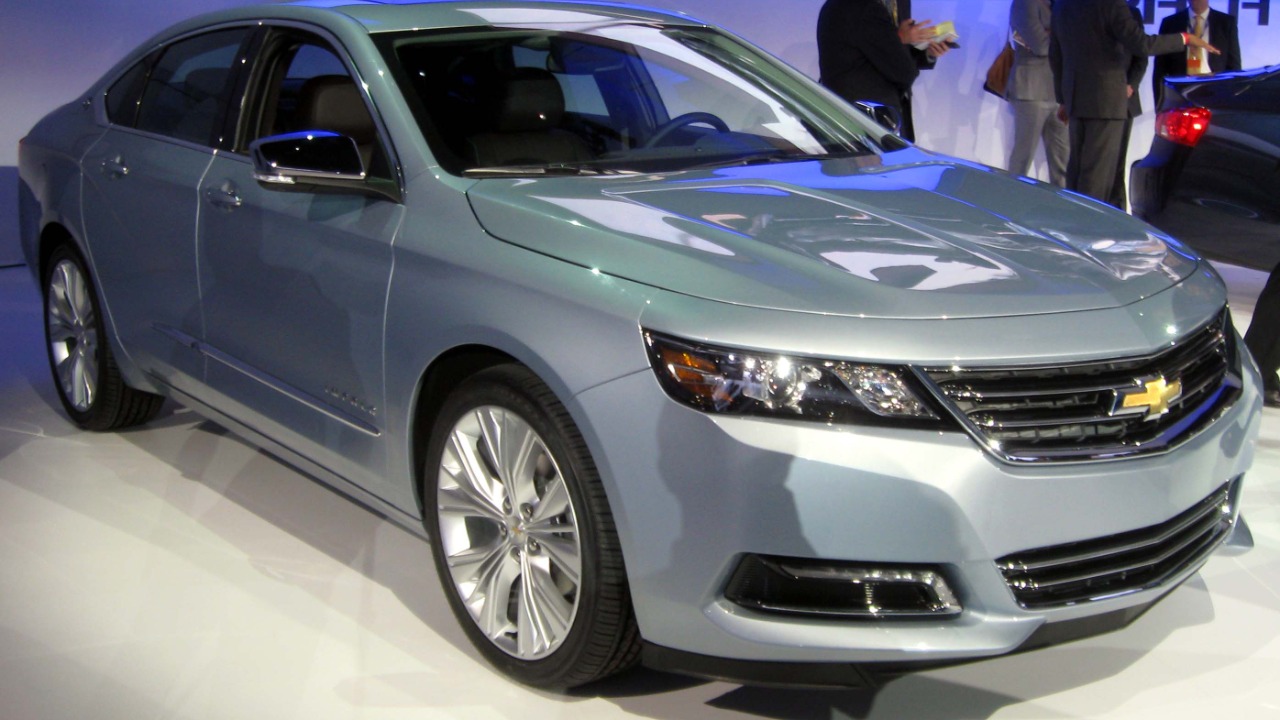
Automakers occasionally issue recalls for certain models due to safety concerns. Cars that remain unrepaired after recalls are being banned to ensure public safety. For instance, the 2014 Chevrolet Impala was subject to a recall over faulty airbags, posing a significant risk to drivers and passengers.
It’s crucial for vehicle owners to stay informed about recalls affecting their cars. Ignoring these recalls can result in vehicles being banned from the road until the necessary repairs are made. Compliance is not just a legal obligation but a vital step in ensuring the safety of everyone on the road.
Non-Compliant Import Vehicles
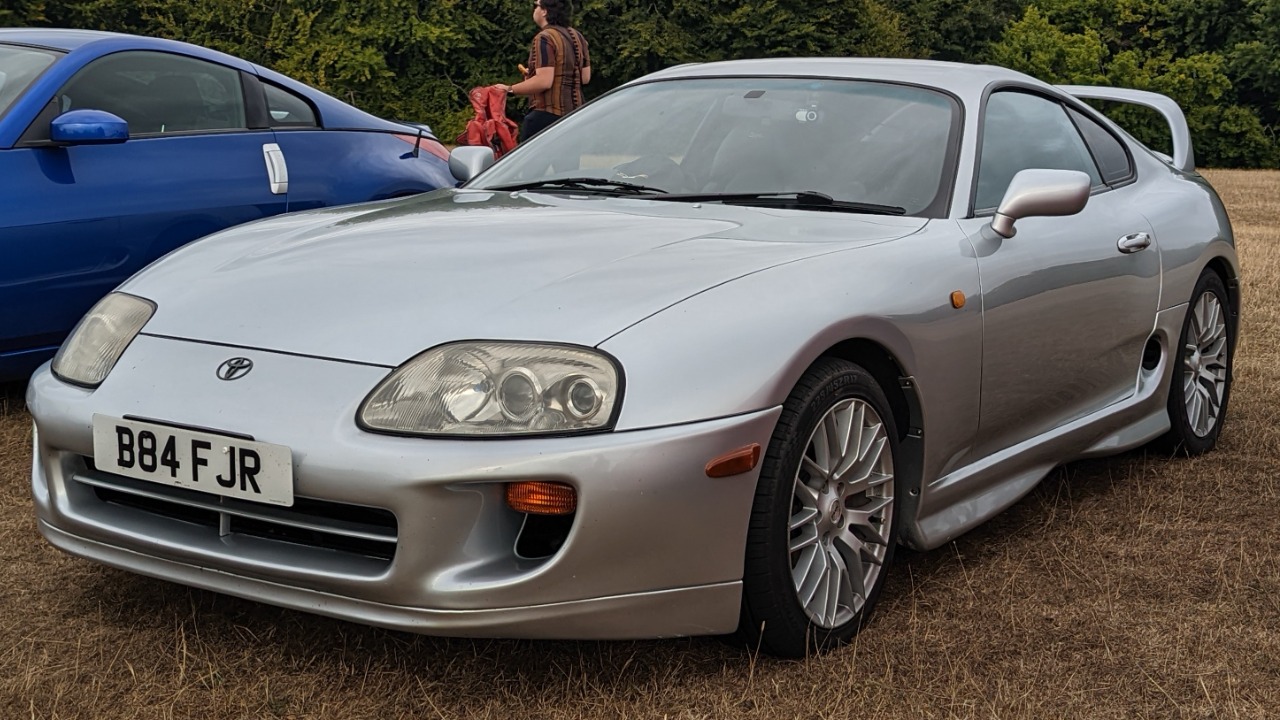
Imported vehicles must meet Canadian safety and emission standards to be legally driven. Certain models, like the 1995 Toyota Supra, popular among car enthusiasts, often fall short of these requirements. These vehicles can pose significant safety risks due to differences in regulations between countries.
Efforts are being made to streamline the importation process to ensure that all vehicles meet Canadian standards before being allowed on the roads. Vehicle owners are advised to verify compliance before importing cars to avoid potential bans and legal issues.
Outdated Safety Standard Cars
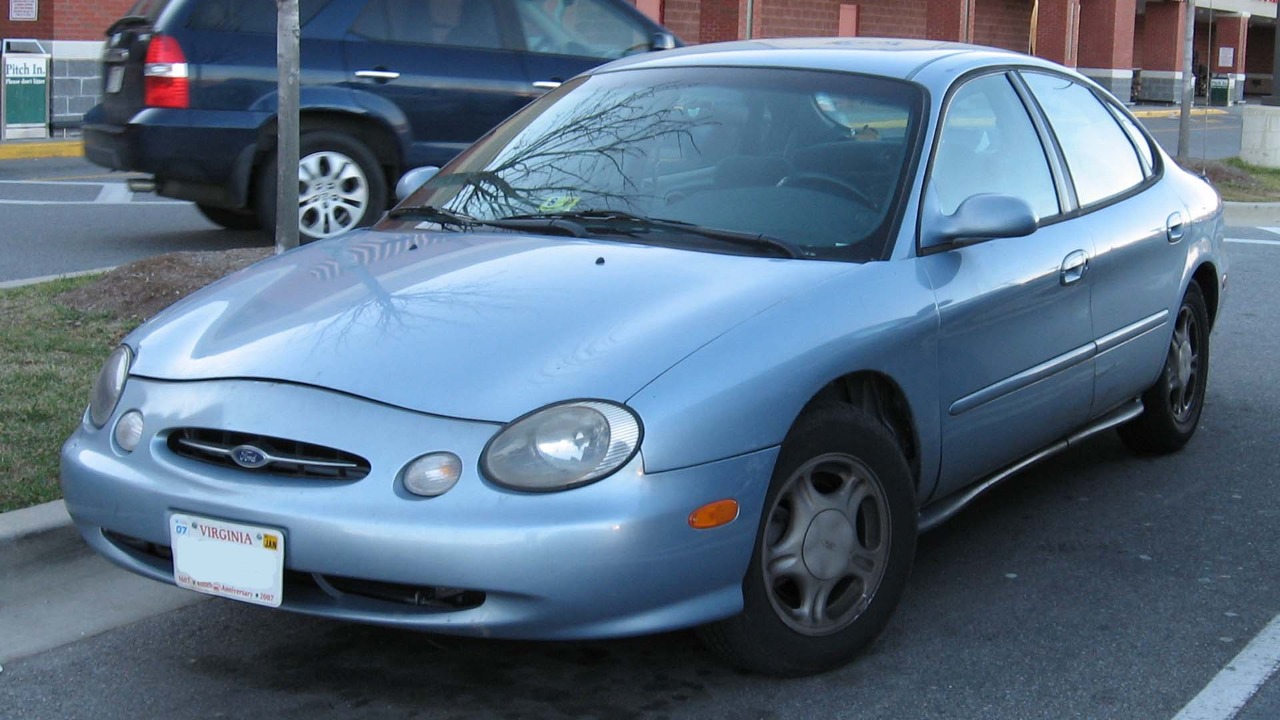
Older vehicles that do not meet modern safety standards are gradually being removed from Canadian roads. Models produced before the year 2000, such as the 1998 Ford Taurus, often lack essential safety features like anti-lock braking systems and airbags. According to a recent analysis, these cars are increasingly seen as liabilities on the road.
As safety technology advances, the gap between older and newer models widens, prompting authorities to phase out vehicles that do not meet current safety expectations. This initiative is part of a broader strategy to modernize the Canadian vehicle fleet and reduce the number of accidents on the road.